Currently, the situation of fraud on social networking sites is becoming more and more sophisticated and complicated in many different forms, typically the situation of fraud from closed groups of "health consultants", this behavior not only causes people to lose property but more dangerously affects their health because of the risk of using fake drugs or drugs of unknown origin.
Accordingly, Ms. DNL (55 years old, Ho Chi Minh City) has had a long-term bone and joint disease, so she joined a number of closed health consultation groups to communicate and share experiences about her disease. Recently, the group posted a number of advertisements for oriental medicine products, promising 100% effectiveness.
Seeing that there was a promotion, she bought it and it was sent to her right away. When she received the product, she noticed that the medicine was a bit different, so she went to the clinic to ask the doctor, who advised her that this medicine was not for treating arthritis at all.
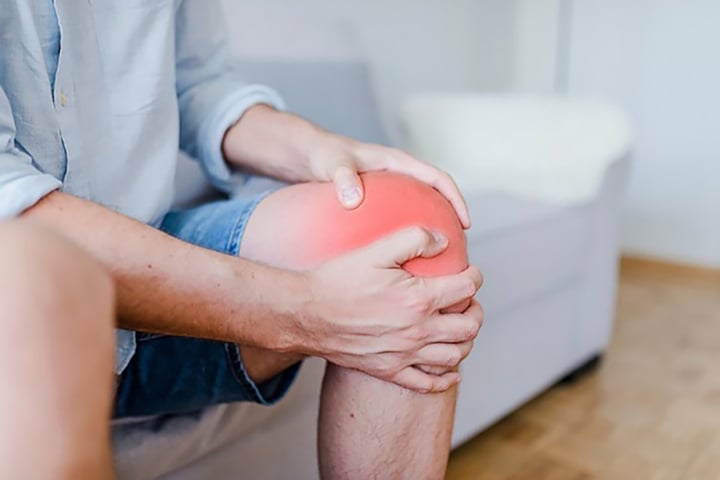
Subjects take advantage of groups to sell drugs of unknown origin to sick people. (Illustration photo)
The common method of the above subjects is to create fanpages, groups on social networks or call to attract victims to join. Initially, the subjects invite them to join the groups and then call to advise them on buying oriental medicine to treat diseases with attractive promotions, such as free use of medicine for 5 years and insurance reimbursement of 80% of the cost of the medicine used for treatment.
Here, the subjects will share and exchange information and video clips using images of doctors and medical staff to describe, advise and guide the use of foods or describe the uses of foods like a real experience or living witness of someone who has had the disease to increase persuasiveness.
With a long-standing illness that has not been cured and with attractive offers online, these victims were scammed out of millions of dong. After receiving the money, the scammer immediately lost contact.
Faced with the above-mentioned scams, the Department of Information Security ( Ministry of Information and Communications ) recommends that people be absolutely careful with medical examination and treatment services and drug sales on social networks. Before using medical examination and treatment services, carefully check the information about the doctor and medical facility, verify through the websites of reputable medical agencies or from reliable sources.
If you need medical treatment, go to reputable hospitals or medical facilities licensed by the authorities to ensure safety. In addition, people should only use reputable online medical examination and treatment platforms that are licensed and have a clear doctor identity verification system.
In case of suspicion of being scammed, people need to immediately report to the authorities or consumer protection organizations for timely support, resolution and prevention.
Source


![[Photo] Cat Ba - Green island paradise](/_next/image?url=https%3A%2F%2Fvphoto.vietnam.vn%2Fthumb%2F1200x675%2Fvietnam%2Fresource%2FIMAGE%2F2025%2F12%2F04%2F1764821844074_ndo_br_1-dcbthienduongxanh638-jpg.webp&w=3840&q=75)





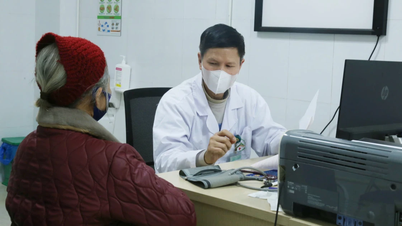

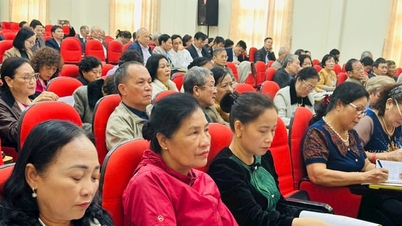

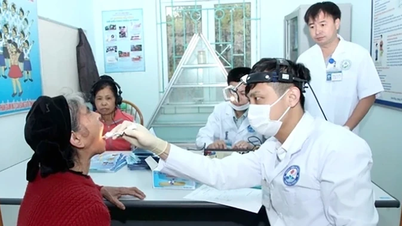

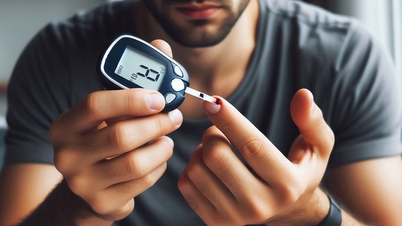

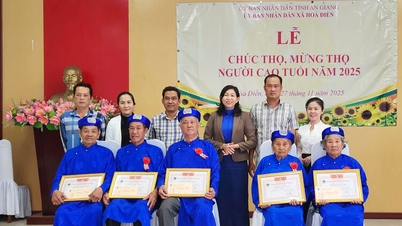



















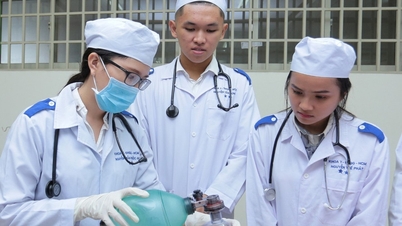
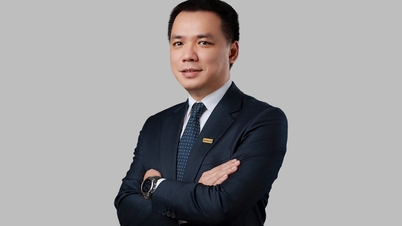


















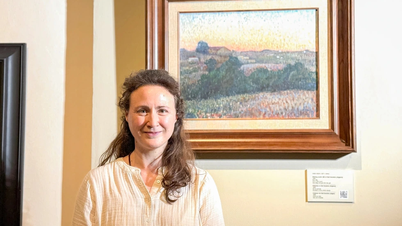

























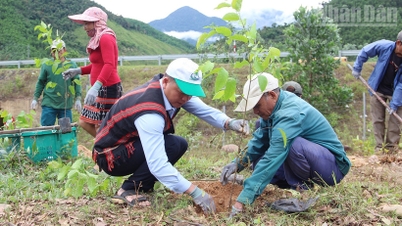







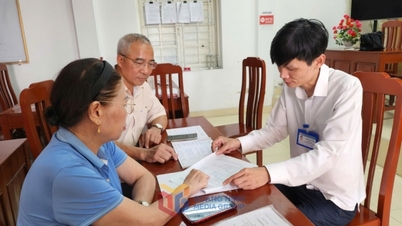


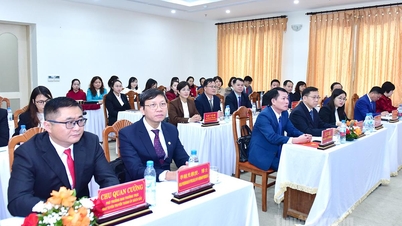



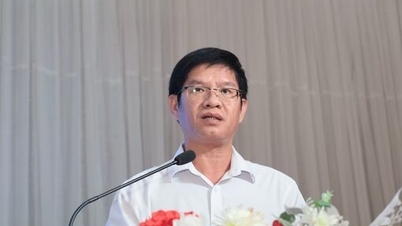












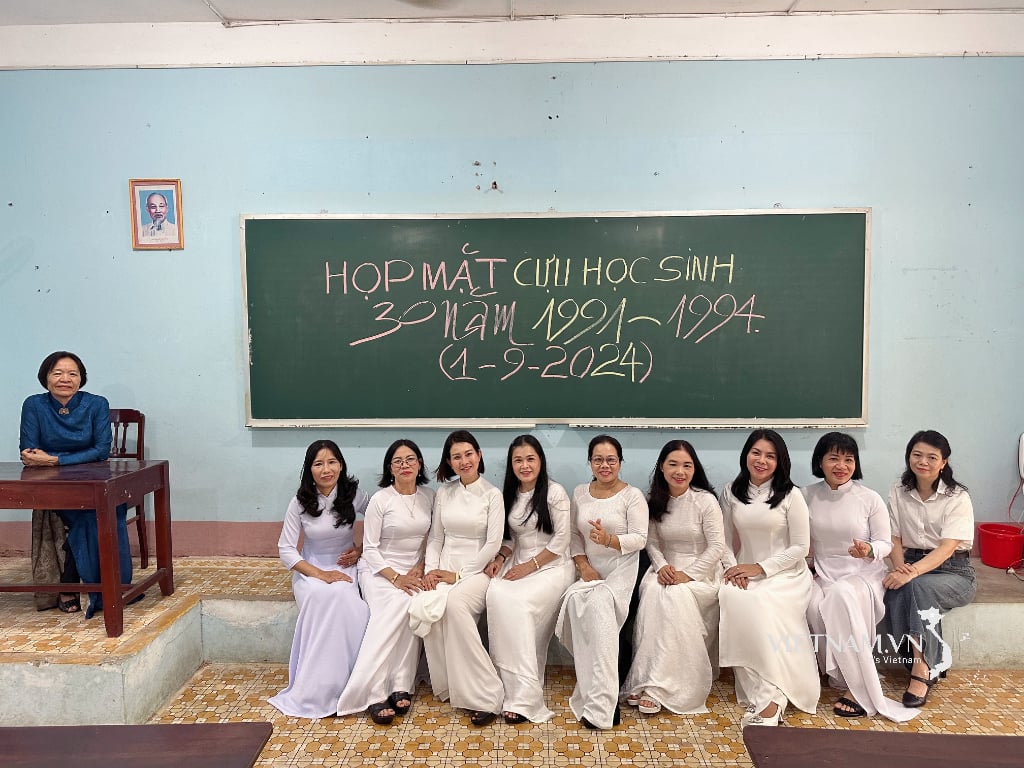
Comment (0)